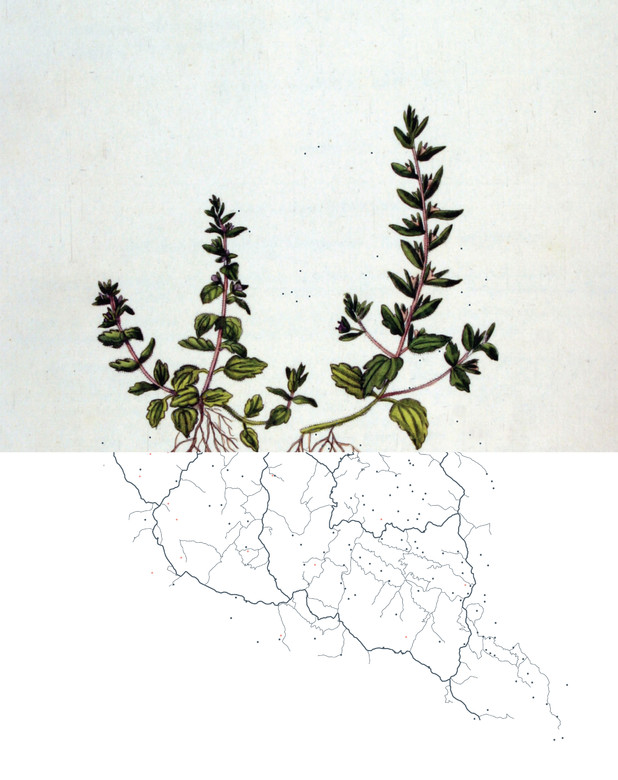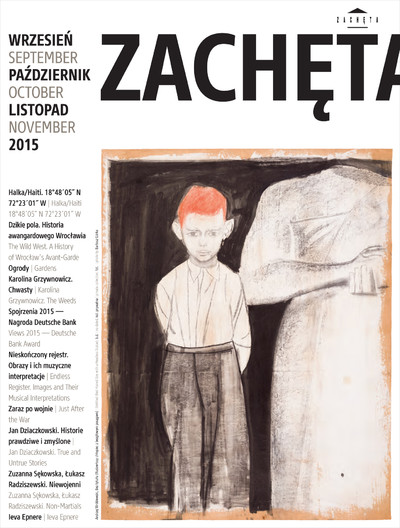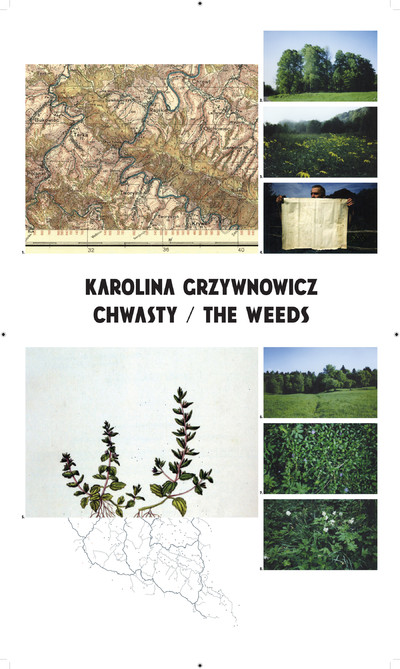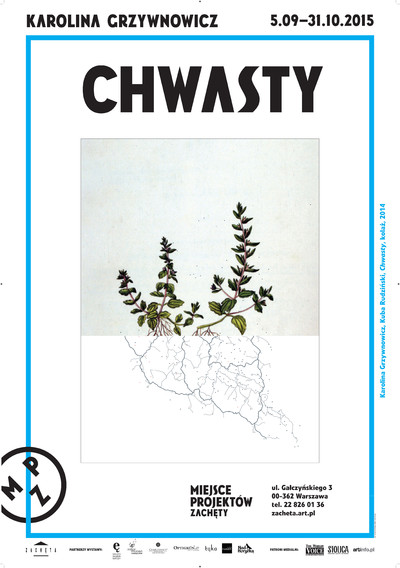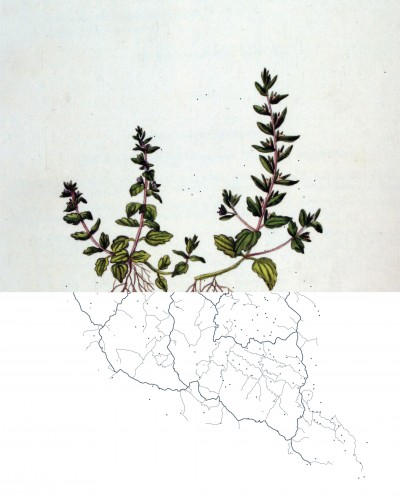Karolina Grzywnowicz The Weeds
05.09 – 31.10.2015 Karolina Grzywnowicz The Weeds
artist: Karolina Grzywnowicz
curator: Zbigniew Libera
gardening consultant: Sławomir Sendzielski
collaboration: Kuba Rudziński
collaboration: Karolina Bielawska
The Weeds is a project about plants that form a unique record of political and social history. They can be encountered in places where Poland’s most densely populated villages once used to be. Now several dozen years after these people deserted the area, the plants have become an evergreen and ineradicable mark of human presence.
The exhibition in Zachęta Project Room features a plant installation – a fragment of a meadow transferred from two depopulated villages in the Beskid Niski and Bieszczady mountain ranges. This is accompanied by a map of the area whose population was forcibly resettled after Second World War, marking non-existent villages.
After Second World War, in the aftermath of a geopolitical change of the Polish borders, many native inhabitants were forcibly relocated and had to abandon their homes. Over half a million civilians were deported from the Bieszczady Mountains, Beskid Niski, Beskid Sądecki, Przemyskie Foothills and Roztocze in the course of two resettlement operations carried out in those areas. During the first operation (1944–1946), claimed to be a repatriation of the Ukrainian minority, some 480,000 native inhabitants of Poland’s south-eastern borderland were relocated to the Soviet Union. The second operation, codenamed Operation Vistula (Akcja Wisła) was carried out between 1947 and 1950, with another 140,000 members of local minorities relocated. The deserted villages were usually burnt down to the ground – no houses, catholic or orthodox churches have been preserved to this day.
Karolina Grzywnowicz
The Weeds
05.09 – 31.10.2015
Zachęta Project Room
ul. Gałczyńskiego 3, 00-362 Warsaw
See on the map
Godziny otwarcia:
tuesday–Sunday 12–8 p.m.
free entry
exhibition partners: Association of Creative Initiatives “ę”, LOTTO Million Dreams Foundation, Grąbczewscy, Optigruen – Dachy Zielone, Led Farmer Oświetlenie Roślin, Fundacja Łąka, Nad Horyłką
sponsor of the Zachęta Project Room: Benq
sponsor of the opening ceremony: Chocolissimo, Freixenet
media patronge: The Warsaw Voice, Stolica, Artinfo.pl
